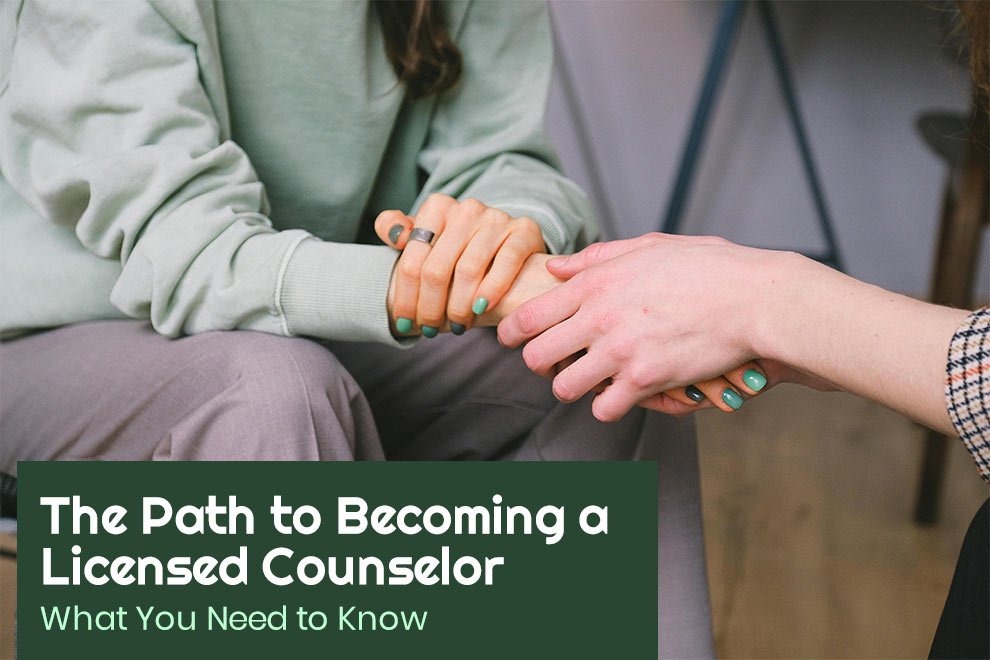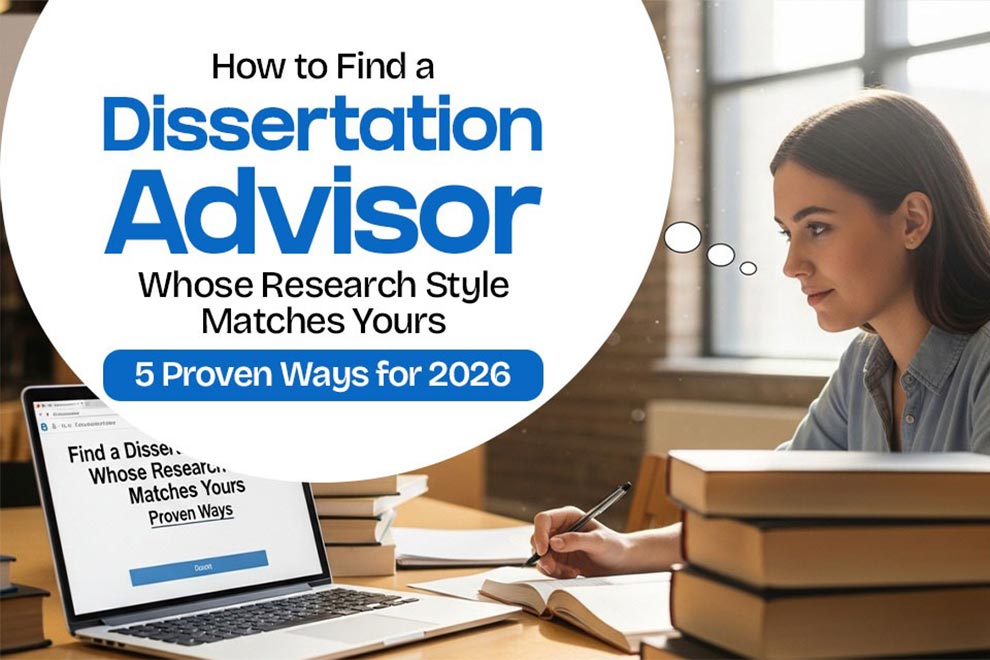If you’re someone who finds meaning in helping others, enjoys deep conversations, and wants to make a lasting difference in people’s lives, becoming a licensed counselor might be a great fit for you. The world needs more professionals who are trained to support mental and emotional well-being, especially now, as more people seek therapy and personal growth than ever before.
But while counseling is an incredibly rewarding path, it’s not something you can step into overnight. Becoming a licensed professional counselor (LPC) involves several key steps. From education and supervised experience to exams and licensure, the journey requires dedication and planning. That said, it’s a clear and manageable process, and one that many people just like you have successfully navigated.
If you’re curious about how to get started, this guide will walk you through what you need to know, with a focus on the steps that matter most. Let’s begin with the foundation: your education.
Starting With the Right Education
Before you can start working with clients, you’ll need the right training. Every state requires you to complete a graduate-level counseling program as a first step toward licensure. These programs cover essential topics like counseling theories, ethics, human development, assessment, and techniques for working with individuals and groups.
To move forward in this field, you’ll need to earn an LPC degree, a master’s program specifically focused on professional counseling. These programs are designed to prepare you for the clinical and practical challenges of working in a variety of settings. Most of them also include hands-on learning through supervised internships or practicums, where you gain direct experience supporting real clients under professional guidance.
When choosing a program, make sure it’s properly accredited. It not only ensures you’re getting quality education, but it’s also a requirement for licensure in most states. Many programs offer flexible formats, including online options, to help you balance your studies with work or family life. With the right degree, you’ll be well on your way to becoming a knowledgeable and capable counselor.
Gaining Supervised Clinical Experience
Once you complete your graduate coursework, the next step is gaining real-world experience through supervised clinical hours. This part of the journey is where you apply everything you’ve learned and start building your confidence as a future counselor.
Most states require between 2,000 and 4,000 hours of supervised experience before you’re eligible to apply for a full license. These hours are typically completed over a period of one to two years. During this time, you’ll work with clients in approved settings, such as schools, community mental health centers, hospitals, or private practices, under the supervision of a licensed professional.
Your supervisor will offer feedback, guidance, and support as you navigate client sessions, documentation, treatment planning, and ethical decision-making. This experience is not just a requirement. It’s a critical part of developing your skills and finding your personal style as a counselor.
Passing the Licensing Exam
Once you’ve completed your supervised hours, it’s time to prepare for the licensing exam. Most states require you to pass the National Clinical Mental Health Counseling Examination (NCMHCE) or the National Counselor Examination (NCE). There are some states that may accept both or offer their own exam.
These tests assess your understanding of counseling principles, clinical skills, diagnosis, treatment planning, and ethical practices. It might sound intimidating, but if you’ve completed a solid degree program and gained good experience, you’ll be well-prepared.
Start studying early, take practice exams, and use reliable prep materials. Many people also benefit from study groups or exam prep workshops. Think of this as the final checkpoint before becoming licensed, an opportunity to prove that you’re ready to support clients professionally and ethically.
Applying for State Licensure
After passing the exam, you’ll need to officially apply for licensure in your state. This process varies a bit from state to state, but most applications require proof of your degree, supervised hours, and exam results. You’ll likely also need to pass a background check, submit references, and pay a fee.
State counseling boards typically review your materials to confirm that you meet all the legal and educational requirements for licensure. If everything checks out, you’ll be granted your license and can begin practicing independently.
It’s a good idea to visit your state board’s website to get a clear list of what’s required. Staying organized and keeping track of deadlines and paperwork will make this process smoother and less stressful.
Continuing Education and License Renewal
Becoming a licensed counselor doesn’t mean you’re done learning. In fact, most states require you to complete continuing education hours every couple of years to keep your license active. These courses help you stay current on new counseling techniques, ethical standards, and best practices.
Some counselors choose to pursue special certifications or training in areas like trauma, substance use, grief, or couples therapy. Others continue their education by earning a doctoral degree or teaching in counseling programs.
Continuing education isn’t just a requirement. It’s a way to stay inspired and improve your ability to help clients.
Exploring Career Paths and Work Environments
With your license in hand, you’ll find a wide range of opportunities to build a career that matches your interests. Licensed professional counselors work in schools, colleges, private practices, hospitals, rehabilitation centers, nonprofits, employee assistance programs, and even telehealth services.
You can specialize in working with children, teens, adults, couples, or families. You might focus on anxiety, depression, life transitions, or trauma. Some counselors also get involved in community outreach or public policy work related to mental health.
The beauty of this profession is its flexibility. You can shape your path based on the populations you’re passionate about helping and the type of work environment you thrive in.
Challenges and Rewards Along the Way
No career is without its challenges, and counseling is no exception. Working with people who are in pain can be emotionally intense. You’ll need to practice self-care and establish strong boundaries to avoid burnout.
You’ll also face practical challenges like managing paperwork, navigating insurance, or building a private practice if you choose to go that route. But despite these hurdles, most counselors say the rewards far outweigh the difficulties.
Helping someone overcome a personal struggle, improve their relationships, or discover a sense of purpose is deeply fulfilling. You’ll be making a direct impact on people’s lives in a way that few other careers allow.
Becoming a licensed professional counselor is a commitment, but it’s also a meaningful, purpose-driven journey. You’ll need to invest in your education, complete supervised experience, pass an exam, and meet licensing requirements. But every step brings you closer to a career where your compassion and insight truly matter.
If you’re ready to take the first step, start researching programs that align with your goals. Look for one that’s properly accredited, offers practical experience, and supports your long-term success. Whether you’re just starting out or making a career change, the path to becoming an LPC is clear, and the need for qualified counselors is only growing.
You have the potential to make a difference. All that’s left is to begin.
Also read; Anxious? Discover the 10 Best Books for Anxiety as a Student










